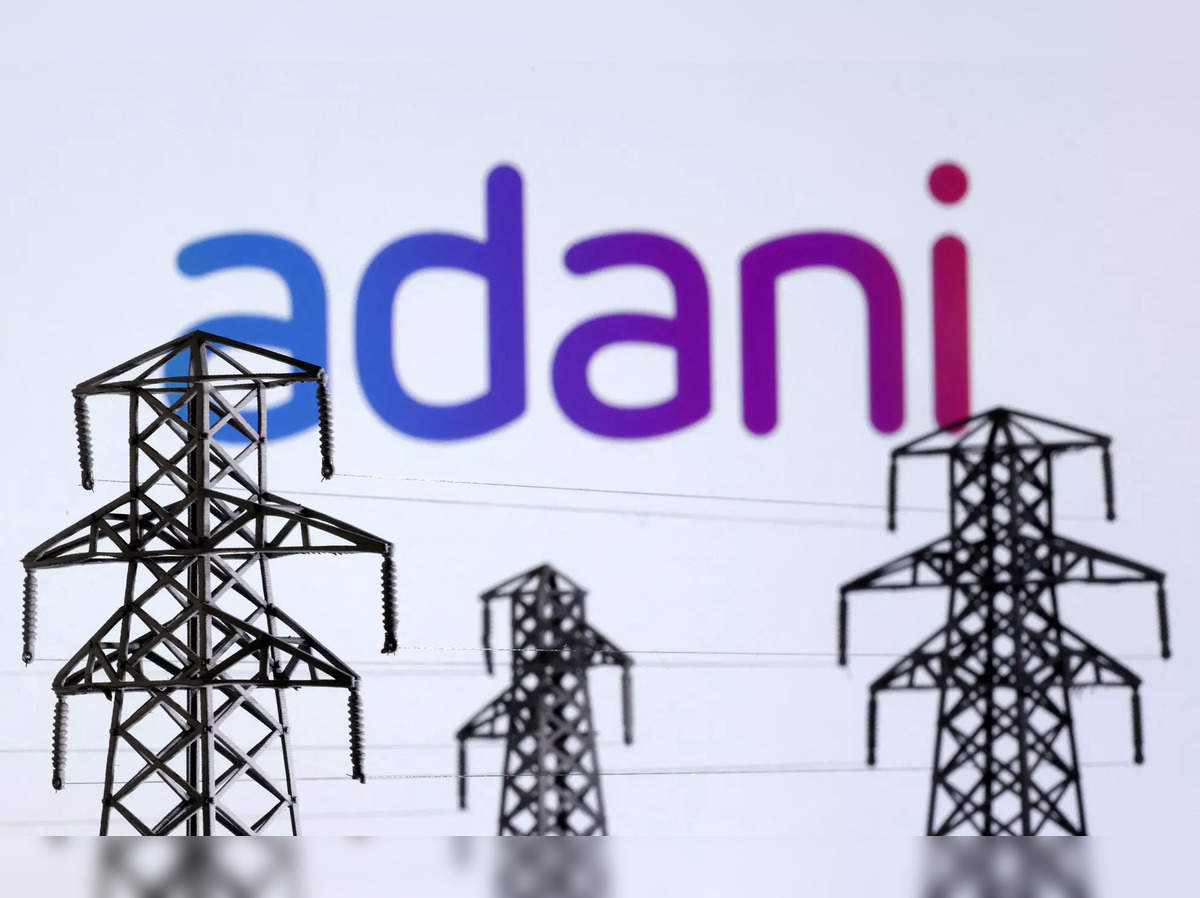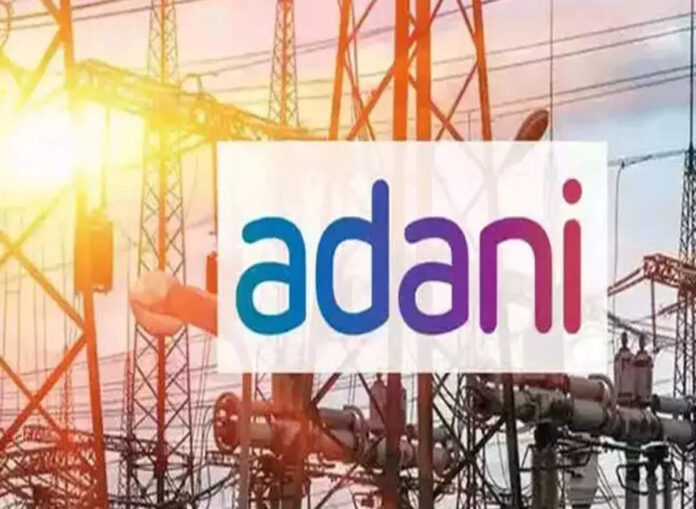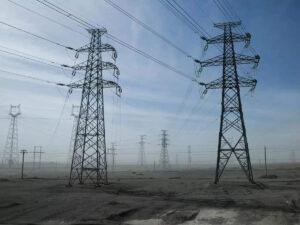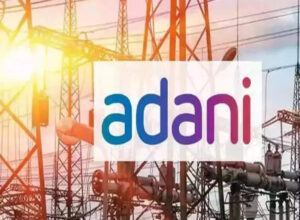Bangladesh Faces Power Crisis as Adani Power Threatens Supply Halt Over Unpaid Dues
Adani Power has issued a warning to Bangladesh regarding a potential power supply cutoff if significant outstanding dues are not settled by November 7, as reported by the Times of India. The subsidiary involved, Adani Power Jharkhand Limited (APJL), is owed nearly $850 million, or approximately Rs 7,200 crore, by the Bangladesh Power Development Board (PDB). This amount has accumulated over time, and despite ongoing negotiations, the resolution has not been reached. The urgency of the matter has led APJL to reduce its power supply, impacting the energy grid in Bangladesh and creating a pressing shortfall in power availability.
Reports indicate that APJL has already halved its power supply due to the unpaid bills, which currently stand at around $846 million. This reduction has placed considerable strain on Bangladesh’s power grid, which typically relies heavily on the Adani plant’s output. On Thursday night, Power Grid Bangladesh PLC data revealed a marked drop in power supply from the Adani plant, resulting in an estimated shortfall of over 1,600 megawatts (MW) in the country. The plant, which boasts a full capacity of 1,496 MW, was only able to produce 700 MW from one operational unit during this period, according to coverage from The Daily Star. This cutback in supply is significant, as it directly affects the country’s energy stability, leaving Bangladesh vulnerable to widespread power outages and a strained national grid.
Prior to this, Adani Power had issued a formal notice to the PDB, requesting that all outstanding dues be cleared by October 30. This letter, dated October 27, emphasized that failure to address these financial obligations would compel APJL to suspend power supply, as stipulated in their Power Purchase Agreement (PPA). The PPA’s guidelines allow Adani to take such actions if payments are overdue, ensuring that the company has a measure of control over financial risks related to unpaid dues. However, despite the impending deadline, the PDB has yet to secure the necessary financial backing to address these payments. Specifically, they have not issued a letter of credit (LC) for $170.03 million from Bangladesh Krishi Bank, nor have they resolved the unpaid amounts in full, despite ongoing communications with Adani Power.
The PDB’s current payment structure appears to be contributing to the issue. They have been making weekly payments of around $18 million; however, the charges have escalated to exceed $22 million, leading to an accumulating unpaid balance. This shortfall has exacerbated the financial strain on both the PDB and Adani Power, making it increasingly difficult to maintain consistent power supply levels. Compounding the situation, Bangladesh Krishi Bank’s inability to issue the LC is attributed to a prevailing dollar shortage in the country, further delaying the financial reconciliation needed to restore regular power flow. This economic constraint has made it challenging for Bangladesh to meet its payment obligations, putting it at risk of further energy supply disruptions if no resolution is reached soon.
Under the terms of the PPA, Adani Power retains the right to claim capacity payments in the event of a suspension in supply, as outlined in Section 13.2(1) of the agreement. This clause enables Adani to recover costs associated with the idle capacity that would otherwise be used to generate electricity for Bangladesh. These capacity payments serve as a financial safeguard for the company, offsetting potential losses incurred from unfulfilled power supply agreements. This arrangement underscores the serious implications of failing to resolve the outstanding dues, as Bangladesh would still be liable for these costs even if it does not receive power from the Adani plant during the suspension period.
The context of this dispute has become more complex with the recent political changes in Bangladesh. Following the establishment of an interim government after the ouster of former Prime Minister Sheikh Hasina, Adani Power has escalated its demand for payment. The new interim government, led by Nobel Laureate Professor Muhammad Yunus since August 8, is reportedly working to address the issue, with Gautam Adani, the chairman of the Adani Group, having communicated directly with Chief Adviser Yunus to seek a resolution. The correspondence between Adani and the new Bangladeshi leadership highlights the urgency of settling this dispute to prevent further disruptions. However, resolving these financial obligations remains a challenge, given the ongoing economic constraints in Bangladesh.

In summary, the outstanding dues owed by the PDB to Adani Power have not only strained bilateral relations but also jeopardized Bangladesh’s energy stability. With a November 7 deadline looming, Bangladesh faces the prospect of a significant energy supply cut that could have wide-reaching consequences. If a financial solution is not achieved, the ramifications could include both power shortages and increased financial liabilities under the PPA terms, compelling Bangladesh to navigate both economic and infrastructural challenges to maintain its energy security.



